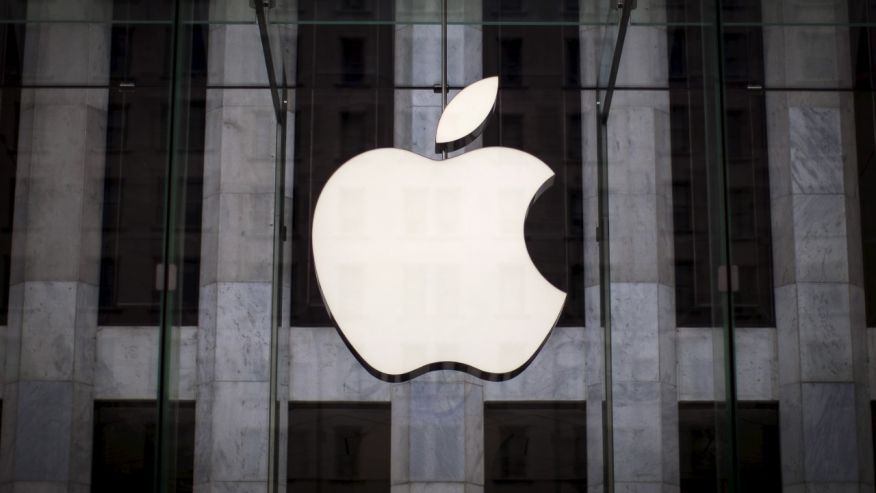Apple files judicial response on iPhone
“And we need these laws to be written by Congress. We, therefore, agree wholeheartedly with Apple that the right place to bring this discussion is here, to the House of Representatives and the Senate so the people who are elected by the people can make these decisions”. “It’s very clear Apple has been and wants to continue to do so, but it must have felt that the slope has gotten very slippery”, Levchin told “CBS This Morning” Friday.
Apple has contended from the start that the government’s request to unlock the phone – which is protected by security features that wipe it clean after 10 unsuccessful attempts to determine its passcode – was not about a single phone but about an alarming precedent.
The government filing, in sharp contrast to that of Apple, said the order would not require a “back door to every iPhone”.
Apple General Counsel Bruce Sewell and FBI Director James Comey are on the agenda as witnesses for the hearing for March 1, entitled “The encryption tightrope: balancing Americans’ security and privacy”.
Because Congress declined to force companies like Apple to build “backdoors” into their products, Apple said it should not be forced to help the government hack into the iPhone.
Apple’s lawyers also blamed the US Authorities for forcing a password reset of Farook’s iCloud account.
A spokesman said: “The government’s request here creates an unprecedented burden on Apple and violates Apple’s First Amendment rights against compelled speech”.
On December 2, Farook and his wife, Tashfeen Malik, shot and killed 14 people at a holiday party at Malik’s workplace in San Bernardino, California.
Apple also pointed out that it has provided all the iCloud backups it has to the Federal Bureau of Investigation, and that Farook’s iPhone had its iCloud password changed while in custody, preventing Apple from trying one of its tricks to extract the data from the device. They use numerous same arguments that have been voiced by executives and experts since the ruling came out, including Tim Cook’s claim that the government was asking Apple to create “the software equivalent of cancer”.
“If we’re going to move to a world where that is not possible anymore, the world will not end – but it will be a different world than where we are today and where we were in 2014”, he said. Smith argued that the legal reasoning behind the US government’s case is outdated and fails to take into account the effect of technological progress.
“At a minimum, what should happen is Congress should legislate in this area” of national security, with the courts then weighing the constitutionality of the legislation, said Professor David Rudenstine of the Benjamin N. Cardozo School of Law.








